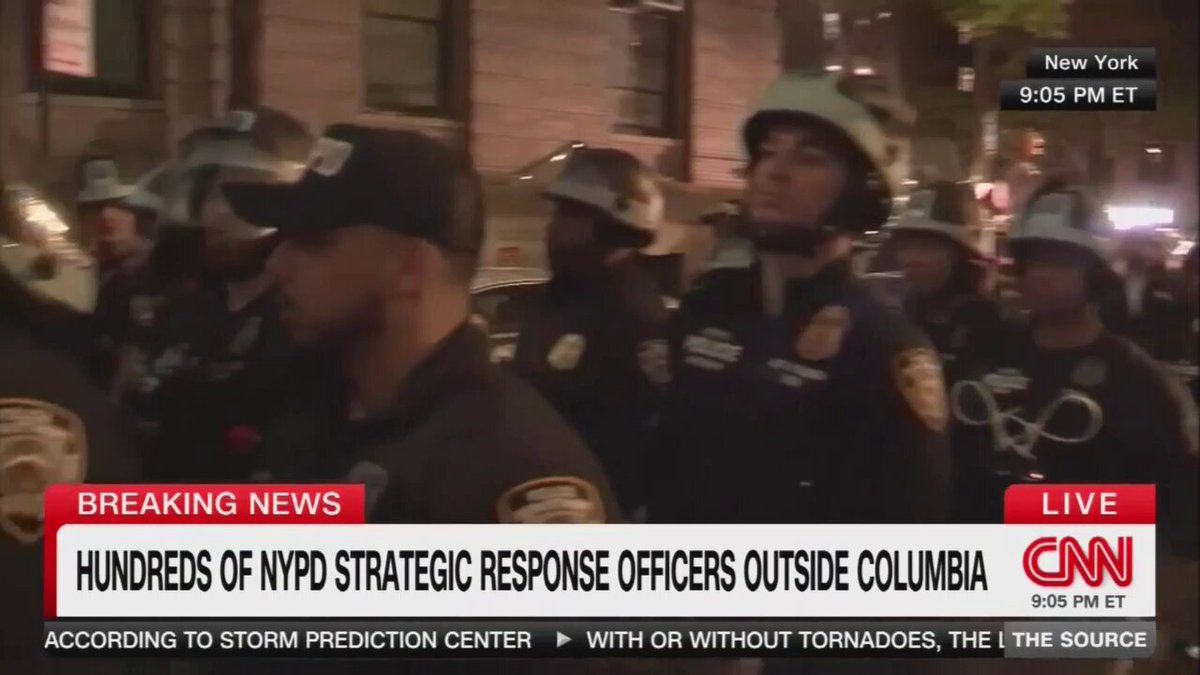Reposted by Ilhan Omar
The statement compares the deployment of a large police force against student protesters in the U.S. to hypothetical scenarios in Russia or Iran, suggesting a double standard in the perception of governmental responses to protests. It raises concerns about the consistency of democratic values when dealing with domestic protests, particularly those that may provoke a strong police response.
- The statement aims to provoke thought and discussion about the use of force in handling protests, aligning with the principle of doing no harm by fostering a critical examination of state actions. [+1]Principle 1:I will strive to do no harm with my words and actions.
- It respects the dignity of the protesters by highlighting the potential overreach of the police force, thus supporting their right to protest. [+1]Principle 2:I will respect the privacy and dignity of others and will not engage in cyberbullying, harassment, or hate speech.
- The statement encourages a comparison of international reactions to similar events, promoting understanding and empathy across different political contexts. [+1]Principle 3:I will use my words and actions to promote understanding, empathy, and compassion.
- It engages in constructive criticism of the police response, inviting dialogue on appropriate measures for handling protests. [+1]Principle 4:I will engage in constructive criticism and dialogue with those in disagreement and will not engage in personal attacks or ad hominem arguments.
- By drawing attention to potential inconsistencies in the application of democratic principles, the statement uses its influence to advocate for a more equitable treatment of protesters. [+1]Principle 6:I will use my influence for the betterment of society.
- The statement upholds the principles of free speech by defending the protesters' right to express dissent and questioning the state's response. [+1]Principle 7:I will uphold the principles of free speech and use my platform responsibly and with integrity.
